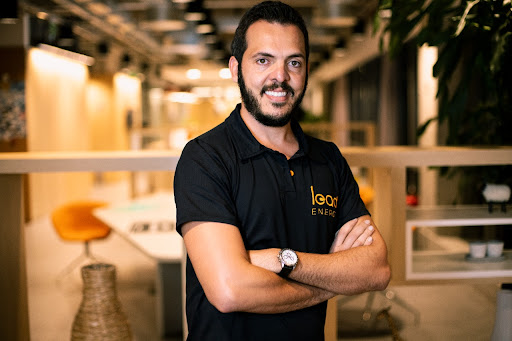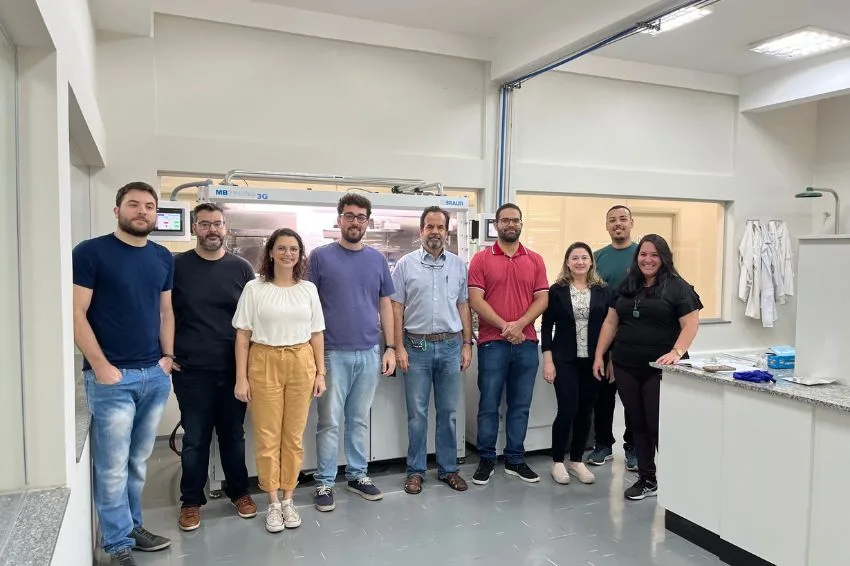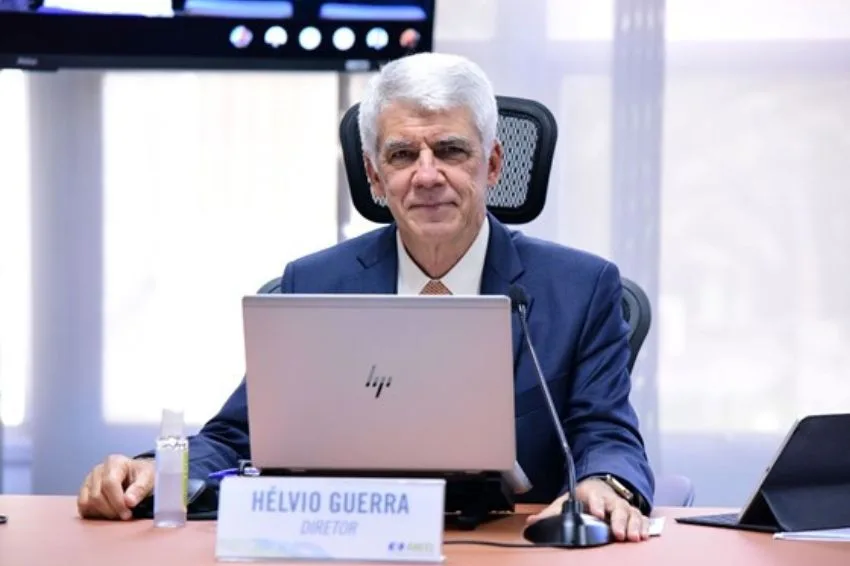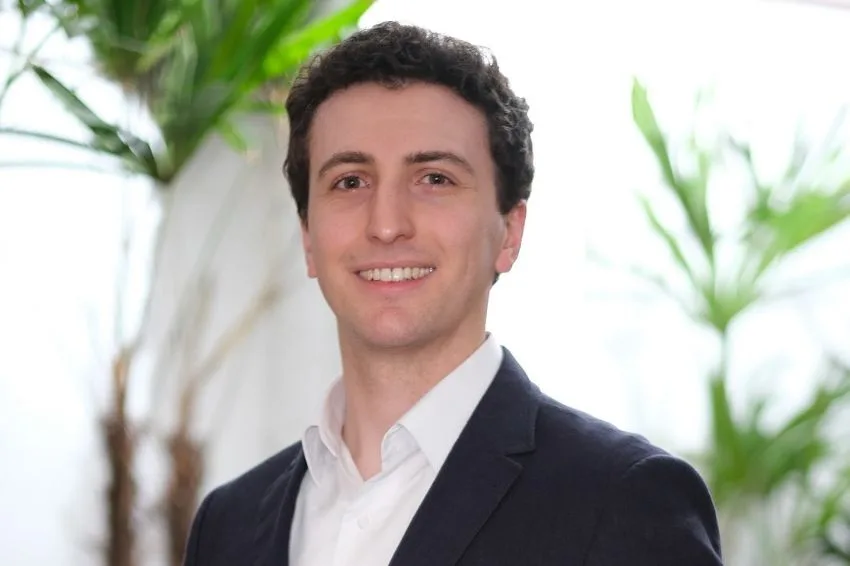It's not news to anyone that the energy sector has become one of the most promising markets in Brazil, with several technologies and regulations being improved over the last few years.
For some time now, one of the most anticipated changes that promises to directly impact the energy sector is the opening of Mercado Livre to all types of consumers, from large companies to small consumers.
Currently, the proposal foresees the opening for all Group A customers, served by high voltage, for January 2024. The opening for low voltage, which includes smaller consumers, is being discussed by the MME (Ministry of Mines and Energy ), and it is expected to happen by 2028.
In Brazil, one of the startups that has been preparing for this change is Lead Energy, which, at the end of January, held the first edition of Energy Innovation Day, a meeting that brought together companies to discuss changes in processes and what solutions problems that may arise along the way.
In an interview with Canal Solar, Raphael Ruffato, CEO of Lead Energy, commented on the opening of the Free Energy Market and highlighted the importance that the development and creation of new technologies have for the growth of the Brazilian sector. Check out the main excerpts from the interview below!
What are Lead Energy's expectations for the solar energy sector in 2023?
I believe that solar energy has a lot of room for growth even with Law 14,300, because the coverage of the source in the country is still very shy in relation to its potential and there will always be alternatives to keep the market warm, such as, for example, the arrival of increasingly efficient technologies.
Because of this, I expect 2023 to be another very good year for the solar energy sector, especially for those companies that are able to identify for which customer profile photovoltaic technology makes sense.
How does Lead Energy work in the solar energy market?
Lead Energy is a startup that first focuses on the customer's pain and then offers the best solution. We have a system in which the customer enters the electricity bill and the platform reads all the data so that, in seconds, it can identify how and how much the customer will save.
This is important because each type of client has a profile that needs to be identified, as depending on the case, it is more worthwhile to hire a certain type of solution rather than another. If it is a low voltage customer, it has one type of profile and if it is medium voltage it has another type of profile.
In other words, Lead Energy's operations work in an agnostic way, through a platform where the client alone can obtain all the project information simply by obtaining their electricity bill (in PDF), attaching it to our system and receiving a diagnosis free with all the problems you have in your account and what the best opportunities are.
And does Lead Energy intend to expand this platform? Can it now be accessed by all consumers?
We work with clients with (electricity) bills above R$ 5 thousand and who, for now, are in the southeast of the country. In the middle of the year, we will meet the demand from practically all of Brazil.
It is important to highlight that for 2023 our objective is to develop a digital layer for this project, where the client can subscribe to the service and monitor the progress of the implementation of the contracted improvements. It's like Nubank, where the customer does everything via cell phone and digitally.
If this is already a reality for banks, why can't customers join Mercado Livre, make an estimate of solar energy based on the available area they have or even contract a tax recovery and find out how this is progressing? hiring? Our objective is precisely to ensure that the client can manage this work.
You commented on the opening of the free market. We learned that Lead Energy recently held an event to also talk about this topic. In this sense, what are the perspectives of the Brazilian market regarding the opening of this new market?
The event we held was provocative, precisely to raise questions for consumers and companies about the need for a change in mindset. The energy sector has been very well planned over the years, but it needs a new philosophy to grow, especially thinking about the consumer side, which is still treated as just a mere customer.
Another big provocation we made during the meeting was regarding the opening of this market, which will only happen in five years. Why that? Why does the market still need to prepare for so long? If a decision were made tomorrow, forcing us to open the free market a year from now, do you think we wouldn't find a way to adapt?
When the pandemic came we found a way. Didn't it? Everyone ended up having to work remotely and companies reinvented themselves and most of them were able to work. Life went on! So, in my opinion, five years for the opening of the free market is a long time.
Brazil will only be able to expand and help the energy sector – which currently has an annual cost of R$ 330 billion per year for the consumer – if there is technology and we at Lead Energy really believe that we will be able to develop a product that will help the consumer to be in charge and generate his proposal himself and monitor all the processes.
Companies that are not aware of this and do not understand that consumers are responsible for everything are likely to be left behind. For me, the more companies are thinking about modernizing technologies, the sooner we will be able to mature this market.

















